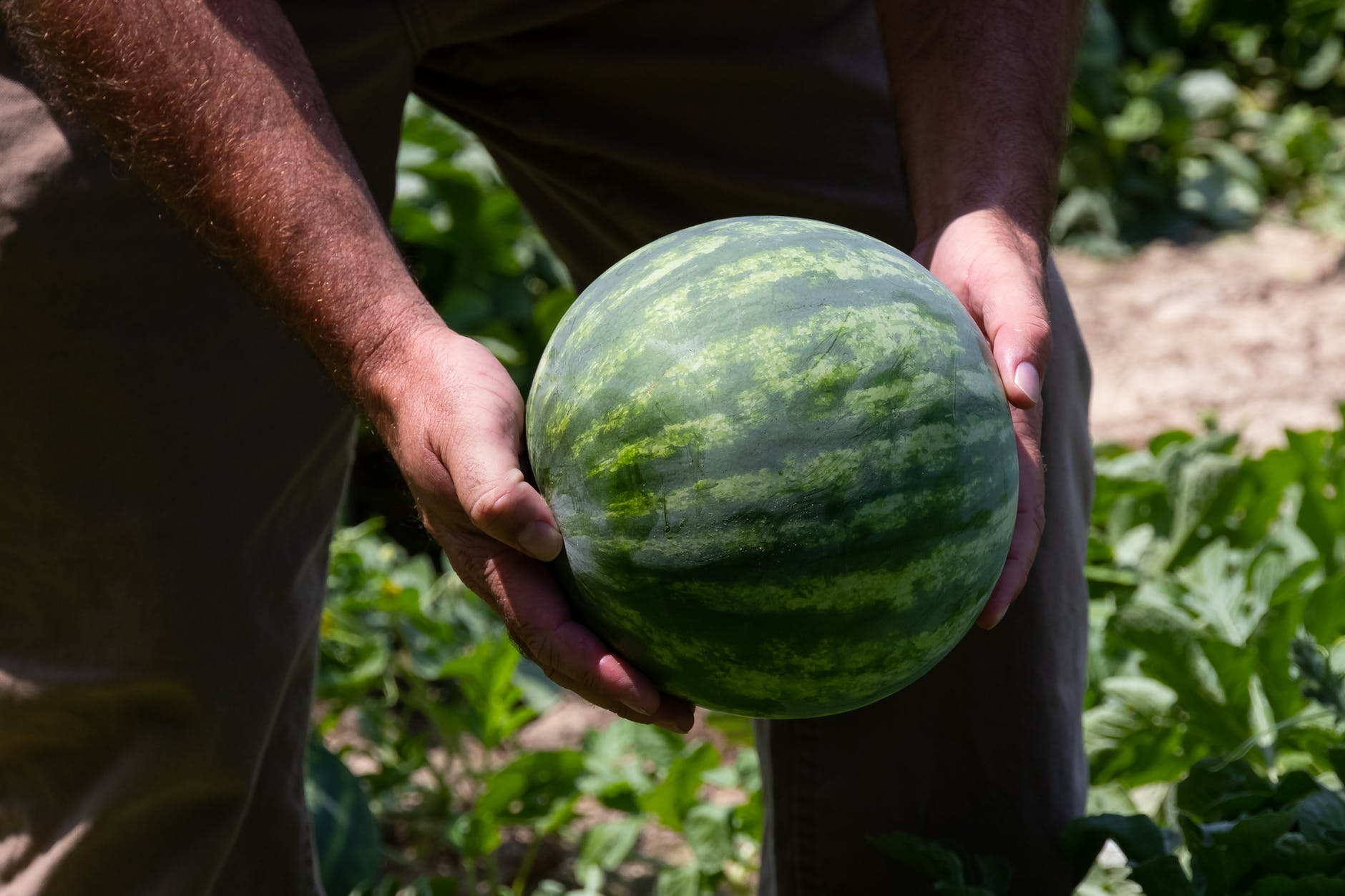By Clint Thompson
The late-January freeze event that devastated some specialty crops in Florida likely impacted watermelon plants already in the ground. South Florida producers start planting in late December, so much of the crop was at least a month old when it encountered sub-freezing temperatures on Jan. 30.
How that will impact the crop in North Florida and South Georgia remains to be seen, says Josh Freeman, University of Florida Institute of Food and Agricultural Sciences (UF/IFAS) associate professor in horticultural science.

“Watermelons certainly don’t handle cold very well. There was probably stuff transplanted around the Lake Placid area that probably just got killed. I think that remains an unknown as far as its impact on our area in North Florida and South Georgia. If you had a sub-lethal freeze event and it just set those plants back, how far are they set back?” Freeman said. “At this (recent) meeting I went to, a guy showed me a picture of a two-leaf watermelon plant that just had ice on it. It was completely surrounded in ice. Something like that would have just gotten completely nuked, wouldn’t have been anything left. I think that’s the unknown now.”
If growers had access to plants and were forced to replant, one concern they have moving forward is the potential for whiteflies and virus pressure.
“I think that is another unknown. It wasn’t cold enough to kill whiteflies, that we know. It may have just shuffled those populations around. I think it’s a complete X-factor going into the year,” Freeman said. “The stuff maybe up into Manatee County, I think those areas, if they had access to plants, Hardee County and places like that, they probably are going to replant. But certainly, there wouldn’t be enough, as much loss as there likely was, there’s not enough resets to do that.”
Freeman estimated that watermelon planting will commence in about a week in southern Levy County, north of Ocala. Farmers in the Suwanee Valley market hope to be harvesting watermelons by Memorial Day.
“I think that’s the unknown of what that gap is going to look like. Certainly, there was some acreage lost or set back so far that they would have had to do something else or potentially abandon,” Freeman said.









